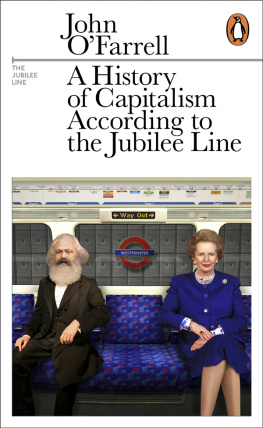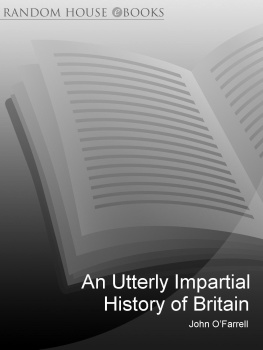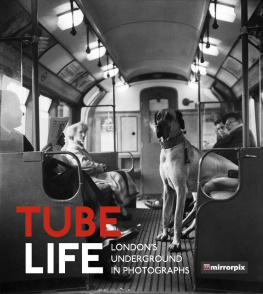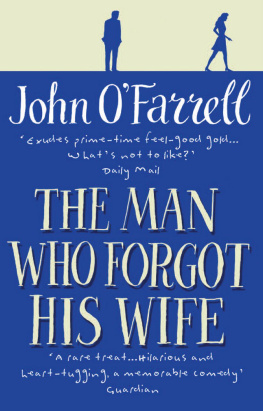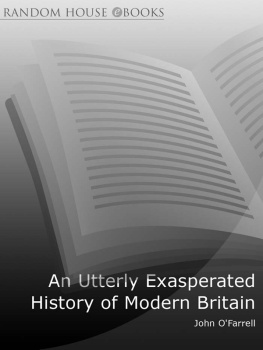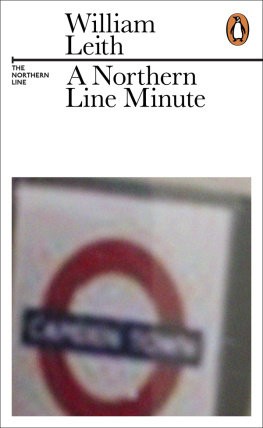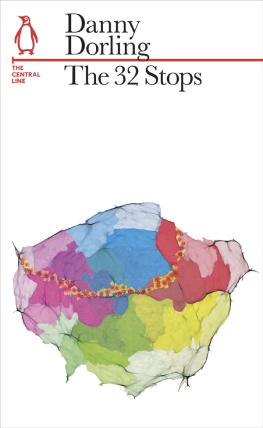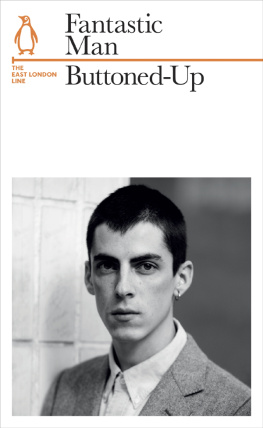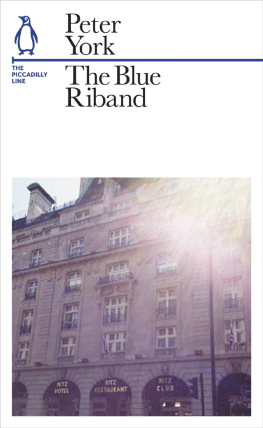PENGUIN BOOKS
Published by the Penguin Group
Penguin Books Ltd, 80 Strand, London WC2R 0RL , England
Penguin Group (USA) Inc., 375 Hudson Street, New York, New York 10014, USA
Penguin Group (Canada), 90 Eglinton Avenue East, Suite 700, Toronto, Ontario, Canada M4P 2Y3 (a division of Pearson Penguin Canada Inc.)
Penguin Ireland, 25 St Stephens Green, Dublin 2, Ireland (a division of Penguin Books Ltd)
Penguin Group (Australia), 707 Collins Street, Melbourne, Victoria 3008, Australia (a division of Pearson Australia Group Pty Ltd)
Penguin Books India Pvt Ltd, 11 Community Centre, Panchsheel Park, New Delhi 110 017, India
Penguin Group (NZ), 67 Apollo Drive, Rosedale, Auckland 0632, New Zealand (a division of Pearson New Zealand Ltd)
Penguin Books (South Africa) (Pty) Ltd, Block D, Rosebank Office Park, 181 Jan Smuts Avenue, Parktown North, Gauteng 2193, South Africa
Penguin Books Ltd, Registered Offices: 80 Strand, London WC2R 0RL , England
www.penguin.com
First published in Penguin Books 2013
Copyright John OFarrell, 2013
Cover image: Rob Dee
Cover design: Jim Stoddart
All rights reserved
The moral right of the author has been asserted
ISBN: 978-1-84-614635-0
| Camila Batmanghelidjh and Kids Company | Mind the Child
The Victoria Line |
| Danny Dorling | The 32 Stops
The Central Line |
| Fantastic Man | Buttoned-Up
The East London Line |
| John Lanchester | What We Talk About When We Talk About The Tube
The District Line |
| William Leith | A Northern Line Minute
The Northern Line |
| Richard Mabey | A Good Parcel of English Soil
The Metropolitan Line |
| Paul Morley | Earthbound
The Bakerloo Line |
| John OFarrell | A History of Capitalism According to the Jubilee Line
The Jubilee Line |
| Philippe Parreno | Drift
The Hammersmith & City Line |
| Leanne Shapton | WaterlooCity, CityWaterloo
The Waterloo & City Line |
| Lucy Wadham | Heads and Straights
The Circle Line |
| Peter York | The Blue Riband
The Piccadilly Line |
1
This is Jubilee Line information. We would like to apologize for the inconvenience while we are being held in the tunnel. This is due to a crisis in capitalism. Were just waiting for a green light and hope to be on our way again as soon as the owners of the means of production, distribution and exchange have resolved the inherent contradictions in dialectical materialism.
Sometimes you hear people say, Oh, I had a nightmare journey on the tube, and you understand that their commute home on the London Underground was more unpleasant than usual. We dont take the word nightmare to mean that in the middle of a packed carriage they literally realized that they were wearing their pyjamas and then felt their teeth crumbling as their childhood maths teacher stood before them pointing and laughing, only it wasnt exactly the tube because it was also the kitchen.
Well, I literally dreamt the journey to hell on the London Underground. I fell asleep on the Jubilee Line and the remainder of my journey could not have been more unreal if a group of teenagers had been content with their original choice of carriage.
I had a nightmare on the tube this morning, I said to my wife that night, as if to test my point.
Hmm she mumbled, barely looking up from the television. Me too. Customer under a train at Baker Street and she chuckled at a funny advertisement.
Did they really say customer? I asked her. Was that all that defined him in his final moments? Someone who consumed, someone who purchased something? The buyer of one measly tube ticket?
What?
She picked up the remote and paused the TV until I had finished talking.
If they are going to try and sum you up in a single word, youd want your epitaph to say a bit more about you than the fact that you were a customer of London Transport. Competent bass guitarist under a train at Baker Street, maybe. Or Banker under a train at Baker Street.
They couldnt say that, she said, pressing play on the TV remote. Thered be too much of a cheer on the platform.
This is Jubilee Line information again. We apologize once more for the delay on this train, which we understand is due to a sudden and total collapse in the social, political and economic system above ground since we commenced this journey. Apparently efforts are being made to resolve the situation as quickly as possible and we hope to be on our way as soon as a new way of organizing twenty-first-century society has been resolved.
That was how it had begun. On this day as so often before, I had boarded the train at its source in the foothills of suburbia. The quiet, unassuming station of Stanmore is an overground Underground station in the middle of nowhere; a terminus straight from the 1930s and about as radical and exciting as a wireless broadcast by Stanley Baldwin. I always liked to stare out the window, watching the suburbs turn into city, until eventually the train disappeared under the metropolis after Finchley Road.
A place generally turns its worst side to its railway lines. It is the part of any town that is observed by more passers-by than any other, yet the great municipalities seem to have decided that the way to showcase their most popular views is to cover them with brambles and rotting grass cuttings and abandoned bicycles with bindweed weaving its way through the rusty spokes. If theyre feeling really extravagant they will treat the casual observer to a display of traditional local cabling. On this bleak section, cable-spotters will be thrilled to see miles and miles of cables of different fading colours arranged in sagging rows, one above the other. In one or two places there are cable arches, glorious monuments to the triumph of cabling through which trains may ceremoniously pass.
From Stanmore, the Jubilee Line passes through a series of unremarkable suburbs such as Canons Park and Kingsbury. The train pauses for forty-five seconds in these places, which frankly is more than enough. Most exciting of all the early stops is the historic jewel that is Queensbury. Unlike, say, Rome, Jerusalem or Alexandria, Queensbury rather lacks a world-changing narrative stretching back through the millennia. Basically, in 1932 they put a tube stop in the middle of a field and had to give it a name.

